Tropical Pitcher Plant
Nepenthes alata x ventricosa
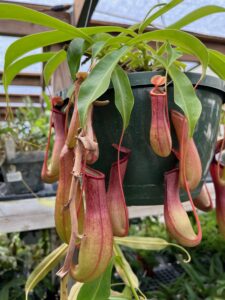
The Tropical Pitcher Plant, also known as Monkey Cup, is a Carnivorous plant that is native to the Philippines. It is one of the easiest Pitcher Plants to grow and is great for beginners just starting their carnivorous plant collections.
This Pitcher Plant grows 8” long red pendulous cups which are uniform at the top and bulbous at the base. The cups produce enzymes that will digest any insect that might enter. The inside of the cups has hairs that are oriented downward to prevent the escape of any unlucky insect that enters.
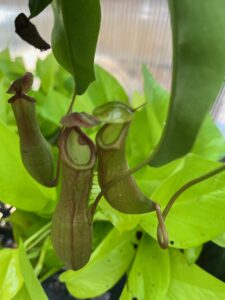
The “lid” at the top of the cup provides a certain level of protection from the rain so that the enzymes do not become too diluted.
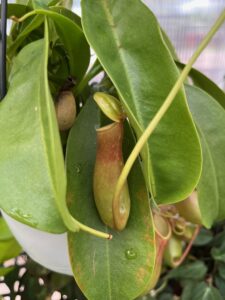
Locate the Pitcher Plant in bright light with at least 4 hours of sunlight through a window or filtered through blinds if grown indoors. Preferred temperatures for these unusual plants are 65°-90°F during the day and 60°-70°F during the night. They can live outside in these temperatures but should be brought inside when the temperatures are outside this range.
Grow in a mix of orchid bark, perlite and long fibered sphagnum bark (like an orchid bark mix). Do not allow the plants to dry out, but avoid overwatering or allowing them to sit in water as root rot will occur.
Keep a little rainwater or distilled water in the cups, but do not fill more than 1/3 full to avoid diluting the enzymes.
A recently dead insect placed in a pitcher cup or two about once or twice a month should be sufficient for feeding.
A foliar feed of a diluted orchid fertilizer may be used once a month during the growing season (March-September) if insects are not available.
Older Pitcher cups may be removed when they turn brown. Be careful not to locate the plants in a draft from an AC or Heat vent, as this will dry them out, and try to provide humidity when possible.

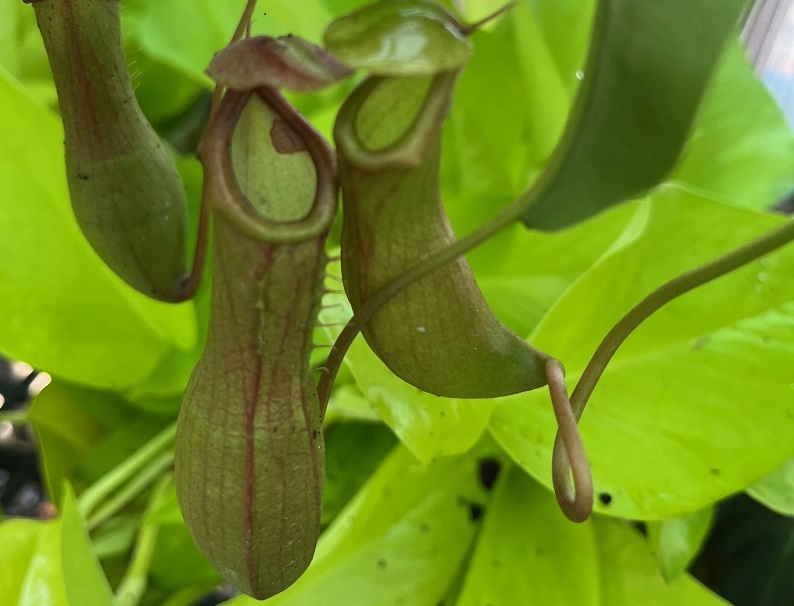
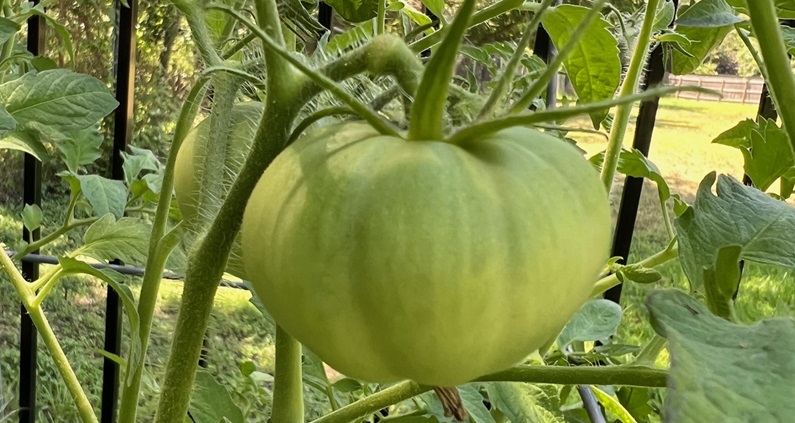
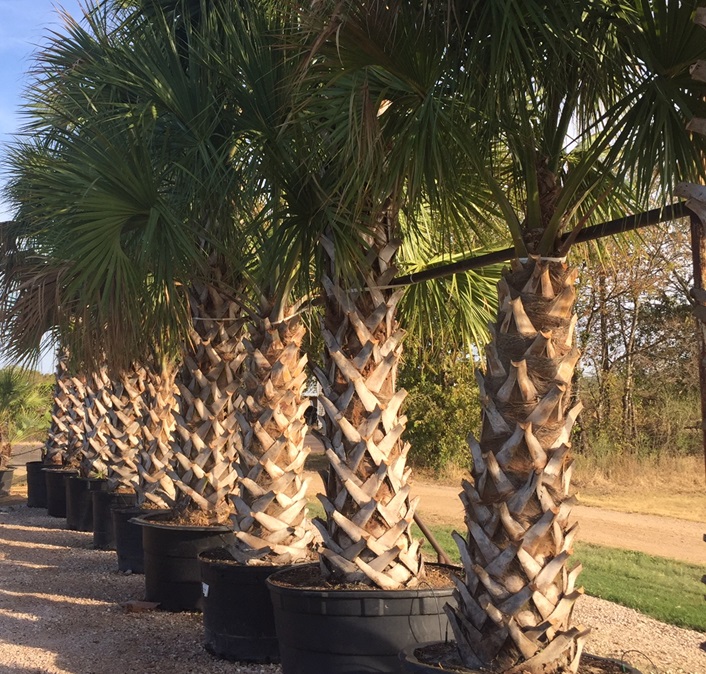

Leave A Comment